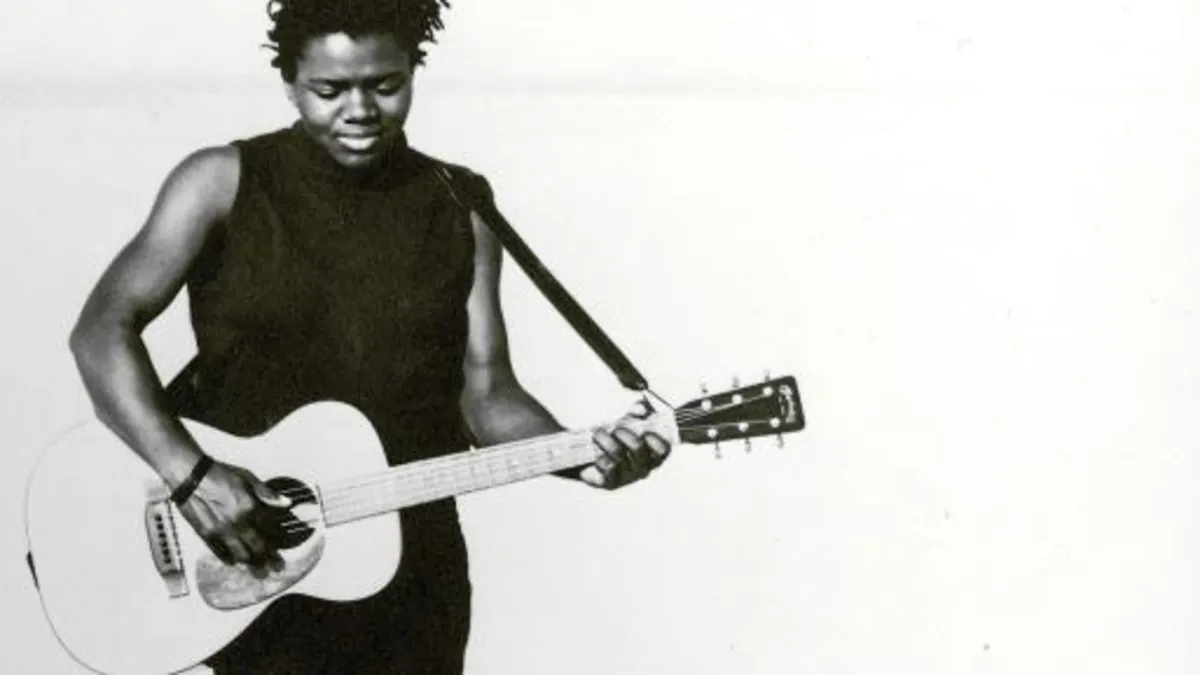

It's the late 80s, where synth-pop and hair metal bands continue to rock their messages of excesss into the hearts of many radio-station listers. But a simple, evocative guitar riff broke through in this era of aural clamor, becoming an evocative hit reminiscent of the best folks songs of the progressive 1960's.
The song was Fast Car, and its creator was Tracy Chapman—a young, African American woman armed with a guitar and a voice that could channel a world's worth of weary experience. Now, decades later, the resonance of Fast Car hasn't faded; if anything, it's become more pertinent, urging us to revisit its lessons and perfectly channeling the feeling of crushing melancholy that can accompany the "real world".
To fully appreciate Fast Car, one must venture beyond its melodic allure and delve into its lyrical depths. It’s a progressive story of escape and hope, optimism and world-weariness, a deeply personal ballad about the cycles of poverty and the yearning for a better life. Chapman paints a portrait of a young woman, desperate to break free from the shackles of her circumstances, and for whom a fast car represents the fastest ticket to a brighter future.
And yet, with each verse, the dream dims. As the listeners, we're taken on a journey from hopeful youth to the weighty responsibility of adulthood, where the fast car, once a symbol of hope, becomes just another thread in a fabric of the uniquely American tragedy.

Released in 1988, Fast Car came at a time when America was in flux. The Reagan years were ending, and with them, a period marked by economic disparity. Urban areas, especially, bore witness to the decaying promises of the American Dream. Chapman's narrative was not singular, but echoed in countless towns and cities. It spoke, and still speaks, to those caught in the seemingly inescapable gravity of generational poverty.
The song, stark in its simplicity, compelled listeners to confront issues that were often easier to ignore. Its universal message resonated across racial and socioeconomic divides. Everyone, it seemed, had felt—or at least understood—the weight of being trapped, the longing to escape, and the cruel realization that freedom often comes with its own set of chains.

In the post-1980s world, where economic and social divides have in some places only deepened, Fast Car remains a poignant reminder of the struggles many face. Today, as we grapple with questions about equity, systemic racism, and social mobility, Chapman's haunting refrain, unfortunately, still resonates.
For all its simple majesty and pervasive melancholy, "Fast Car" is also a song of resilience. It's a testament to the human spirit's unyielding desire to dream, to hope, and to persevere, even when the road ahead is uncertain. Recently, the song has also become a surprise hit on the country music scene, even though I can't bring myself to listen to the Luke Combs version.
If you want to feel desperate hope and even more desperate pain, this is your song.
Tracy Chapman's "Fast Car" is more than just a song. It's a narrative, a reflection, a challenge. In its quiet way, it nudges us to question, to empathize, and to act. And as the years speed by, with countless songs racing past in the rear-view mirror, "Fast Car" remains steadfast.

